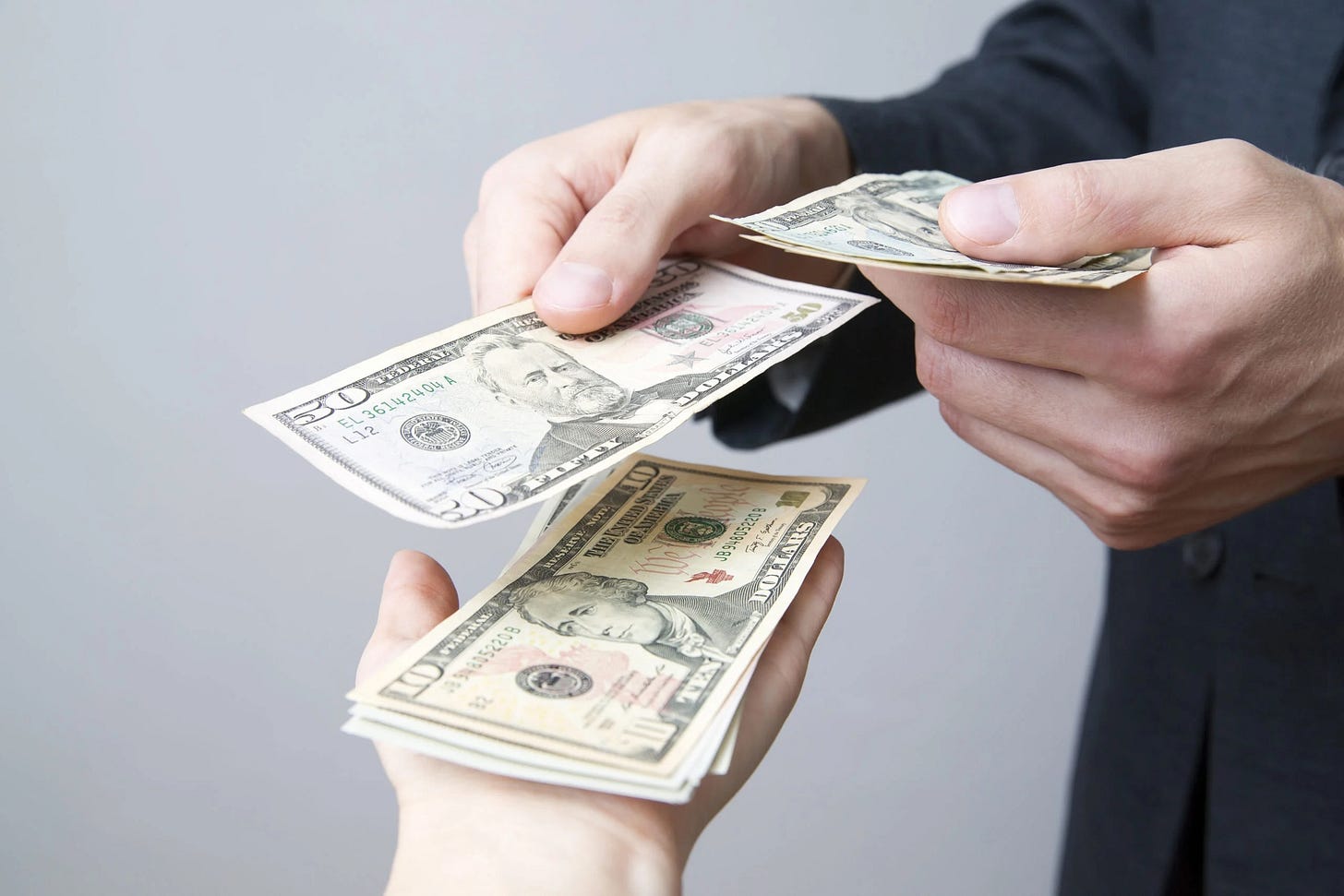Are Plaintiff Attorneys' Fee Awards in the Delaware Chancery Court Excessive? Part I
Dor and Grundfest's Opening Shot
The Wall Street Journal recently published an article entitled Is $200 Million the New $100 Million in Luxury Real Estate?, explaining that: “Just a decade ago, the $100 million price-tag was still considered a new frontier for luxury real estate in the U.S. ... Now, real estate insiders say a new pricing benchmark is setting the tone for the high-end market: the $200 million list price.” The article concludes by quoting a luxury home realtor, who asked: “Who knows if we won’t be having this conversation in the next few years about the next $300 million sale?”
Today, $300 million will buy you the superyacht Kaos, “stretching an impressive 361 feet in length from bow to stern and boasting a beam (width) of 56 feet.” “KAOS isn’t just a yacht; she’s a floating palace.”
In Tornetta v. Musk, the successful attorneys who represented plaintiff Tornetta in a derivative suit challenging Elon Musk’s 2018 compensation package, filed a petition requesting that the Chancery Court approve a fee consisting of “29,402,900 unrestricted shares of Tesla common stock in fees and $1,130,155.50 in reimbursement of expenses $1,120,115.50.”1 “Based on Tesla’s stock price as of the date of the Post-Trial Opinion, those shares [were] worth approximately $5.6 billion.” That’s billion with a b. On an hourly basis, that amounted to a whopping $287180.22.2
Chancellor McCormick awarded plaintiff’s counsel a mere $345,000,000.
They could have bought Kaos (albeit collectively and, admittedly, pre-taxes) and had money left over.
Perhaps not surprisingly, in addition to triggering the Delaware legislature’s passage of SB 21, which amended Delaware law to provide new protections for controlling shareholders, the fee award triggered a proposed Senate Concurrent Resolution (17) requesting that the Delaware State Bar’s Corporate Law Council provide “a report with recommendations for legislative action that might help the Delaware Judiciary ensure that awards of attorney’s fees provide incentives for litigation appropriately protective of stockholders but not so excessive as to act as a counterproductive toll on Delaware companies and their stockholders that threatens to make the overall “benefit-to-cost” ratio of corporate litigation negative.”
Although the proposal was laid on the table and has not been taken up, the question of whether attorney fee awards in the Delaware Chancery Court are excessive remains the subject of fierce debate. In this series of posts, I’m laying out the battling claims. As we’ll see, there is disagreement both about the substantive merits of large plaintiff attorney fee awards but also the basic empirical facts.
We start with a study by Stanford Law School Rock Center for Corporate Governance scholars Joseph Grundfest and Gal Dor, which claims to have identified a growing disparity between Delaware and federal courts when it comes to awarding attorney fees in corporate litigation. At the outset, I should note that their study has been controversial. Future posts will look at criticisms of it.
The paper, “Lodestar Multipliers in Delaware and Federal Attorney Fee Awards” (August 2025), explores how Delaware courts have consistently granted extraordinarily high lodestar multipliers, which is the legal term for fee awards determined by multiplying attorneys’ hourly rates by a certain factor.3
Dor, Gal and Grundfest, Joseph A., Lodestar Multipliers in Delaware and Federal Attorney Fee Awards (August 04, 2025). Stanford Public Law Working Paper, Available at SSRN: https://ssrn.com/abstract=5379166
Keep reading with a 7-day free trial
Subscribe to Bainbridge on Corporations to keep reading this post and get 7 days of free access to the full post archives.


